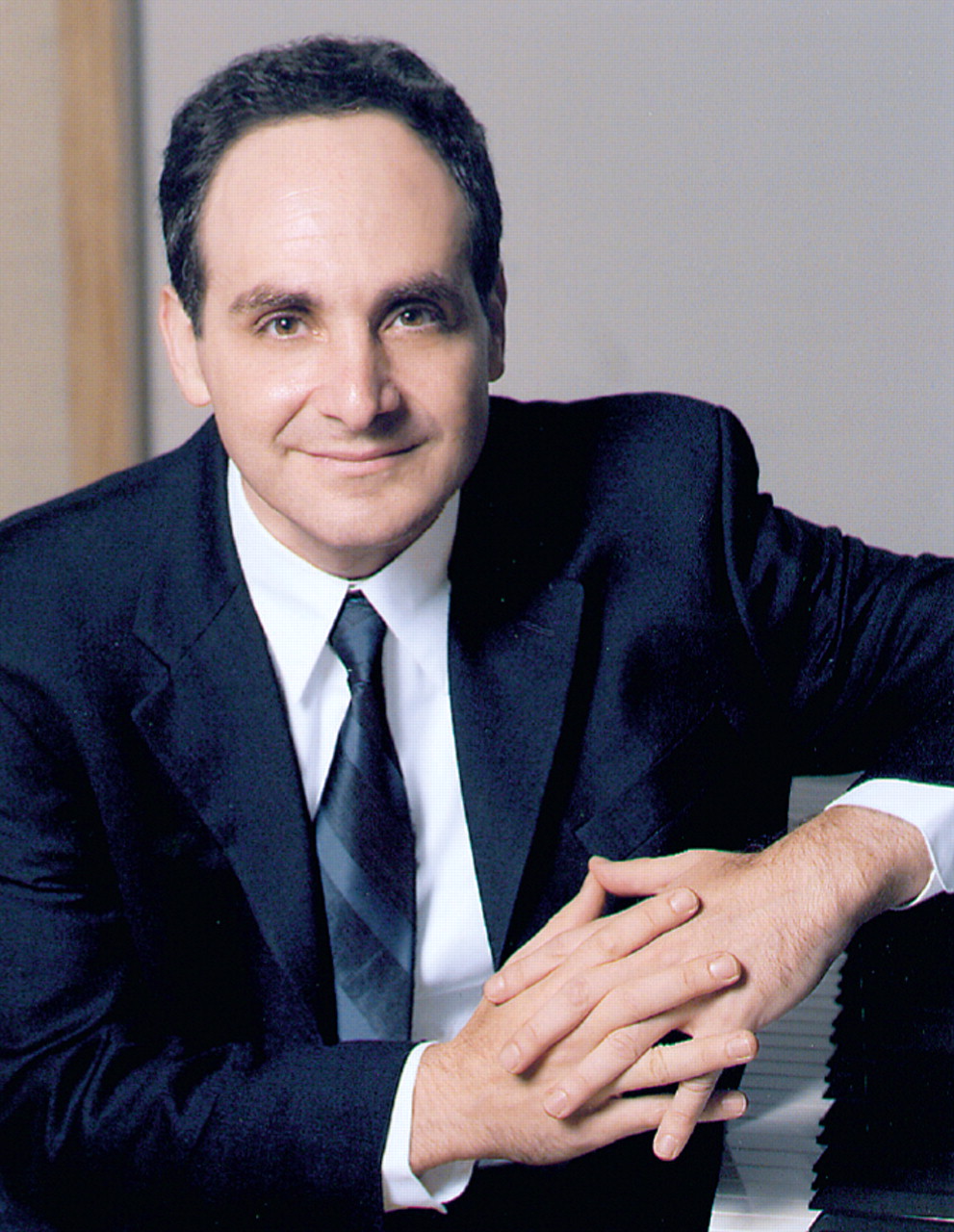Music and the Mind: Frederic Chopin
In 1830, at the age of 20, Frederic Chopin left Warsaw for Italy. Shortly afterward an uprising in his homeland was brutally suppressed by the Russians, and Chopin became one of countless expatriates, exiled for the duration of his life from his beloved homeland.
The longing for home, combined with a series of ill-fated love affairs and chronic respiratory illness that killed him at the age of 39, made for a short life of much suffering. Moreover, Chopin also experienced a variety of psychiatric symptoms including panic attacks, phobias, mood swings, and hallucinations.
Yet Chopin is remembered today not for his suffering, but as one of the great musical masters of the Romantic period. His compositions, mainly for the piano, were groundbreaking for the way they grafted a new expressiveness and passion onto older musical forms.

Psychiatrist and master concert pianist Richard Kogan, M.D., will explore the mind and music of Chopin and the connection between his suffering and his art at APA's 2010 annual meeting in New Orleans. The session will be held on Monday, May 24, from 11 a.m. to 12:30 p.m. in room 220-222 at the Morial Convention Center.
For several years now, Kogan has been bringing keen insights into the relationship between the interior lives of great composers and the music they created, and his lectures have become an annual meeting favorite.
Kogan's lecture will help attendees recognize the psychological factors that influenced Chopin's artistic development; appreciate the challenges of retrospective, posthumous psychiatric diagnosis; and understand some fundamental concepts about creativity. The discussion will be illuminated by performances of some of the composer's best music, including his mazurkas, polonaises, preludes, and ballades.



